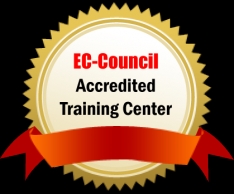Melbourne is the capital city of the Australian state – Victoria. The population of Melbourne is around 4,500,000 people with its inhabitants known as Melburnians. The metropolitan area is located on the extended natural bay of Port Phillip and expands towards the Dandenong and Macedon mountain ranges. Melbourne was transformed into one of the world’s wealthiest and largest cities during the 1850s gold rush. Melbourne’s economy has particular strengths in areas such as finance, manufacturing, research, IT, education, logistics, transportation, and tourism. Melbourne is also home to the world’s largest mining company BHP Billiton. The seaport in Melbourne is Australia’s largest and handles more than $75 billion in trade every year. There are around 9 million visitors every year, this plays and important role in the economy with an annual $16 billion being brought in on tourism alone. Melbourne is home to many of Australia’s most prominent and well-known schools. Six out of 20 of the best ranked schools in Australia are located in Melbourne. Melbourne was further ranked the world’s fourth top University City just after London, Boston, and Tokyo. The University of Melbourne was ranked top among Australian universities in the 2010 THES international rankings. The University has approximately 43,000 students and 4,000 teach staff. The University of Melbourne is highly ranked in many academic areas such as Law, Computer Science & IT, Arts and Humanities, Dentistry and, Medicine. There are a number of private international schools which includes The Japanese School of Melbourne which is a weekend programme for Japanese Australian and Japanese national students. There are a number of other well-known universities in Australia including the Royal Melbourne Institute of Technology, La Trobe University, and Swinburne University of Technology. An increase in international students attending university in Melbourne has resulted in an increase in the number of places being made available to students.
Free Wi-Fi
To make sure you’re always connected we offer completely free and easy to access wi-fi.








































 Back to course information
Back to course information




 If you wish to make any changes to your course, please
If you wish to make any changes to your course, please

